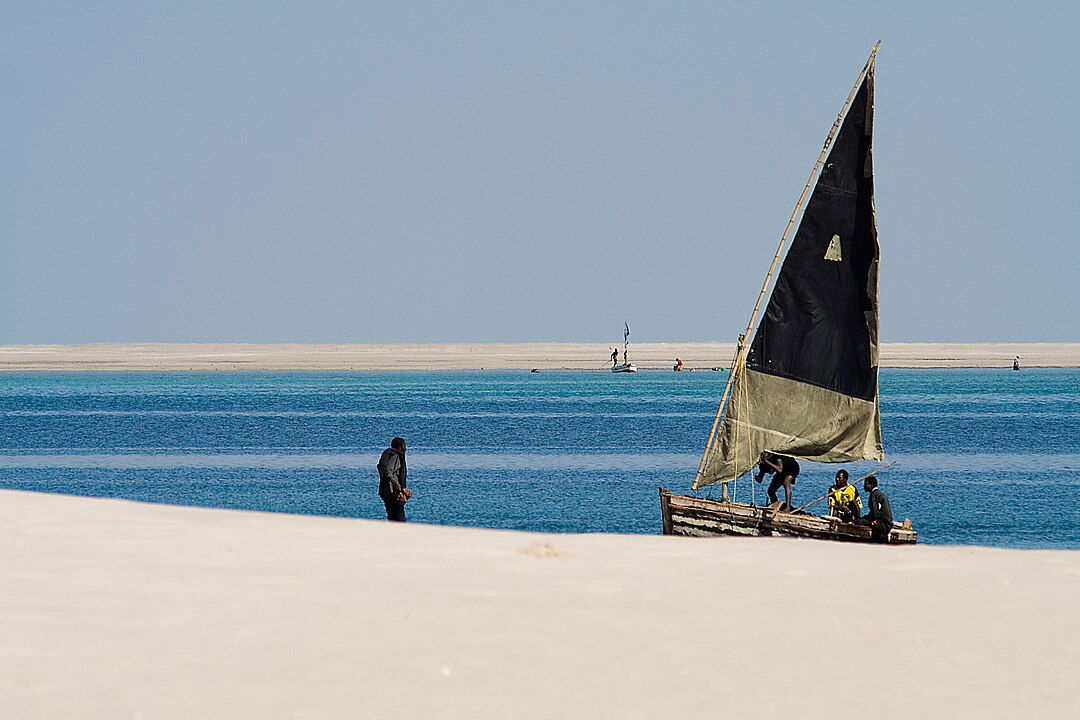Why Mozambique is a Popular Travel Hub: Top Tips for Exploring the Country’s Culture and Natural Splendour
Ranked among the continent's best beach hotspots, Mozambique is blessed with natural attributes that are the envy of the region. Lined with white, sandy beaches and untamed wildernesses occupied by countless bird species, it is little wonder that holidaymakers find this East African nation a fascinating stopover. From its rich cultural heritage to its unassuming natural beauty, let us explore the special features that make Mozambique a traveller's dream destination.
Wildlife Reserves
As the main reason most tourists head to Mozambique in the first place, the wealth of national parks and marine parks occupying the country is truly impressive given its location and geography. With more than 11% of the land in Mozambique falling under protected reserves, it is heartening to see safari hubs such as the Gorongosa National Park and the equally vast Niassa Game Reserve occupied by big cats, sable, buffaloes and a growing elephant population. Other must-visit national parks dotting Mozambique's map include the Limpopo National Park which will be combined with Krugar Park in South Africa and Gona-re-Zhou Park in Zimbabwe to become the Greater Limpopo Transfrontier Park in the near future.
Marine Parks
Although there are quite a few marine reserves occupying the popular beach vacation destination, none can match the awe-inspiring beauty of the Bazaruto National Park. Easily accessible to those based at Anantara Bazaruto Island Resort and other similar Mozambique holiday resorts on the island, the marine reserve is also famous for its whale-watching tours between September and November. Pemba Bay is an equally well-known whale spotting location from July to August.

The original uploader was Jullag at English Wikipedia., Magaruge Island beach (2006), CC BY-SA 2.5
Winged Beauties
Avid birders also flock to Mozambique to witness the endemic bird species that call the country home as there are more than 30 native species that are only visible in this corner of the continent. The Boehm's bee-eater, Madagascar squacco heron and the Palmnut vulture reign supreme among these endemic avian varieties while the mountainous forests of Mount Gorongosa and the Niassa Reserve are known to be inhabited by White-tailed blue flycatchers and Pale-billed hornbills.
Paradise Islands and Beaches Galore
As a favourite stopover for honeymooners and water sports enthusiasts, the coastlines of Mozambique are just as impressive as its mountainscapes and wildernesses. From the sand dune-lined Ponta Malongane and Ponta do Ouro to other destinations that are frequented by scuba divers and fishermen, beach lovers will find a rich variety of seaside hamlets to choose from when exploring the country's pristine shorelines. Although Tofo and Barra Beach are the best-known beach vacation hubs in the country, Coconut Bay, Paindane Beach and Jangamo Beach are no less spectacular while those who venture over to Wibe will also find some of the best diving locations in East Africa. A whopping 27 islands await those who head over to The Quirimbas archipelago in Mozambique which is renowned for the private and secluded beaches within its confines.
History and Heritage
While the country is known to harbour its own unique African heritage, the reason behind its popularity among tourists is also due to the number of colonial structures found in its former capitals. The Ilha do Moçambique UNESCO World Heritage Site is an exquisitely preserved former city dating back to the 16th century which not only houses the Church of Senhora Baluarte but a number of ancient villas, cathedrals, a royal palace and fortress and a crumbling hospital. Ibo Island in Mozambique also contains its own fortresses and ancient residences while Portuguese-era churches and missions including the Baroma Mission have also been uncovered near Tete.The art movements that dominated Mozambique are also evident in its street murals and art collections as those on display at Museu Nacional des Artes and institutions such as The Nucleo de Arte.
Food Culture
As an underrated foodie's paradise, Mozambique's culinary heritage is also heavily influenced by its Portuguese colonial era as signature dishes include delectable seafood delicacies as well as steak rolls and choriço sandwiches. While conventional African food and ingredients including cassava, coconut, maize, peanuts and pumpkin are also infused into local meals, most restaurants will serve these traditional dishes with Portuguese wines.
